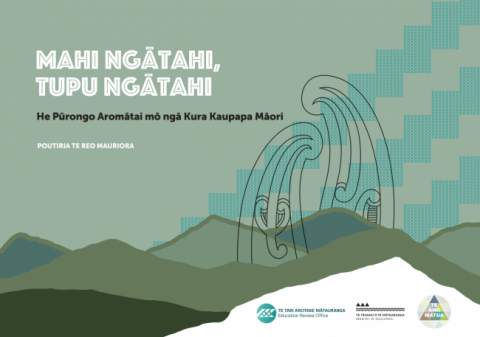The Collection and Use of Assessment Information in Schools
Published: 01 Mar 2007
Knowing what students know and can do is fundamental to effective teaching and students’ learning. Teachers need to assess student achievement to know whether or not their teaching is meeting the learning needs of their students.
In 2006, ERO evaluated how effectively schools collected and used assessment information. This report details the findings of that evaluation and recommends what can be done to make assessment practices in schools more effective.
- Audience:
- Parents
- Schools
- Content type:
- Research
- Topics:
- Assessment
- Assessment information









